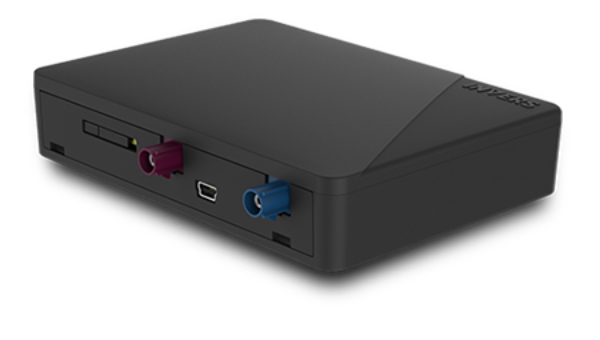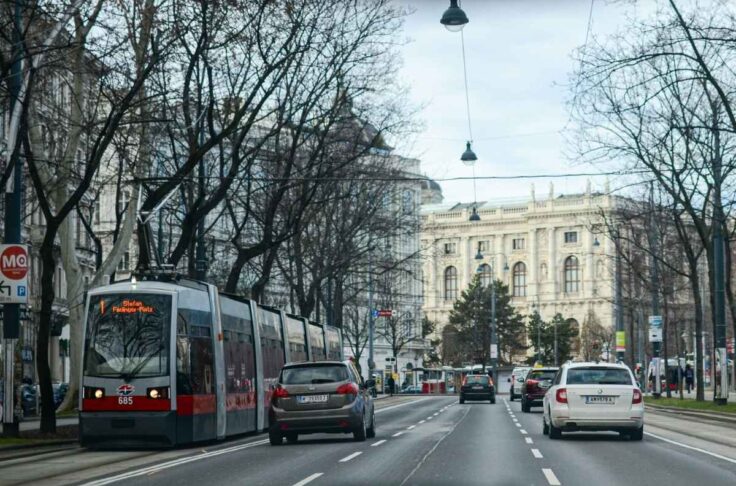
emmy
Free-floating moped sharing with electric scooters
With its stylish red electric scooters, the moped sharing provider emmy adds a more flexible, cost-efficient, and dynamic option to the existing carsharing facilities available in Germany and Austria. By constantly expanding its range of electric scooters and intelligently optimizing availability, emmy has set itself the goal of reducing transport emissions and traffic in Berlin and promoting spatial development.
250,000 customers are already using the 2000 electric scooterslocated, among other places, in various areas around Berlin. emmy is also represented in cities like Düsseldorf, Hamburg, Munich and Vienna. The electric scooters have a range of around 100 kilometers and offer space for two people. Users can easily locate and access available electric scooters using their smartphone and take off right away.

“The deciding factor is the unique user experience”
Hauke Feldvoss is one of the three founders of Emmy. In this success story he explains how emmy is implementing Shared Mobility OS and which benefits it has in comparison to other solutions on the market.
Reliable and Quick
Before we learned about the INVERS CloudBoxx and open API, we had tested some solutions on the market and had begun developing some initial systems and applications. We see high reliability and fast reaction speed as the key factors for offering our customers a seamless and unique user experience. When our customers are standing beside a scooter and open it up using their app, they expect to be able to complete the process right away.

In direct comparison to other providers, the INVERS solution is significantly faster in every respect and is completely reliable at all times. Once our developers quickly managed to create a functional prototype using the INVERS Development Kit and the open API, our decision was made. We were then able to integrate it into our business model and system thanks to the comprehensive documentation and open interfaces. The helpful support and development team at INVERS was always on hand to assist us, and we appreciate the great partnership and productive collaboration.
“Thanks to extremely precise GPS we can localize our scooters even in urban canyons, parking garages and tunnels.”

Tailored for Scooters
The telematics hardware from INVERS perfectly matches our electric scooters thanks to its compact size and low energy consumption. Our supplier is now building the hardware directly ex works, which saves us valuable time. A further major benefit of the hardware is that we are not tied to a particular scooter model, but can offer our customers various types of scooters depending on the use case. This means that we can add a new, sporty scooter model to our fleet with very little development effort and thus reach new target groups.


